Avalanches happen. They are not funny, they are not cool and they can kill. Why it’s our responsibility to publicise avalanche incidents responsibly and how to educate yourself.
Powder mania hit Australian ski resorts this last week with the much talked about ‘blizzard of oz‘ dumping over a metre of snow. The rush to get first tracks on fresh powder was palpable, it was also, in these circumstances, deadly.
Avalanche conditions were at an all time high and are still considerable today, day three post storm. Those seeking fresh snow outside of the resort boundary were doing so at their own risk and even those skiing and riding off piste within the ski resort boundary were not safe from slides.
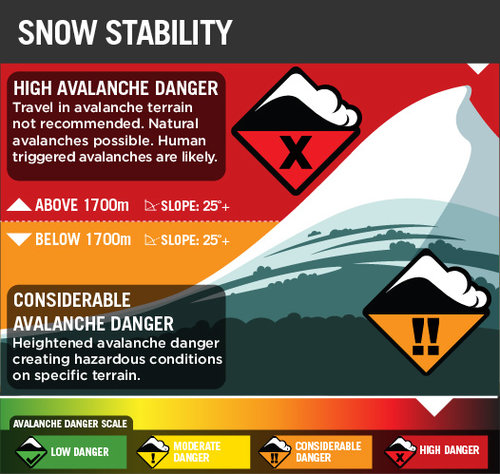
But few, if any Australian skiers and snowboarders knew or know this. Avalanches are not in the Aussie skier and snowboarder psyche and we don’t actively seek an avalanche forecast the same way we seek a snow report. As one of our community wrote on social media this week “it’s not on anybody’s radar in Australia – it’s like trying to get people to wear a bike helmet in Amsterdam.”
Few people have the avalanche forecast and mountain safety sites for Australia book marked. But this week’s avalanche danger was high enough to have even mainstream news report it. The Victorian Emergency Services alerted their readers on Facebook and avalanche danger was even reported in the news on radio stations. Something I am used to in Park City Utah but not in Sydney Australia.
Avalanche at Hotham Victoria
At Hotham a size 3 slab avalanche was remotely triggered by two back country skiers in full view of the resort. The crown of that avalanche was said to be 2 meters with a 50 metre wide slide that continued from the Drift Cliff region down to the valley. A second avalanche also occurred on Eagle Ridge.
- Image of an avalanche at Hotham 2 years ago.
Hotham’s response was to film the avalanche fracture and debris alongside an interview with the head of ski patrol and some tips from two of the resort’s professional skiers who are filmed skiing off piste regularly. These two skiers, along with their film crew, heard the ‘whump’ of the snow release and saw the devastation the avalanche created.
“It shocked me, very close to taking two folks with it” said Buff Farnell who was in the vicinity when it happened. “I feel it would have been fatal as it snapped so many trees, so I feel it will be a huge wake up for those who scoff at avalanches in Australia.”
Hotham’s response was responsible avalanche reporting. They acknowledged the incident, reported it and offered advice to help skiers and boarders avoid being in an avalanche situation and some equipment tips from the back packs that they ski in daily. The skiers who remotely triggered the slide also reported it to ski patrol when they returned from their ski tour.
[srizonfbvidsingle id=1745351832145779]
As a ski community we have a responsibility to report avalanches that occur and to report them with respect. Incident reports of avalanches help snow forecasters understand the snow pack, aspects and loading. This influences avalanche forecasting and safety advice on what to avoid.
When you see an avalanche, trigger an avalanche, are involved in any way with an avalanche you must report it. First to ski patrol, second to websites such as Mountain Sports Collective on their incident report page and then on social media.
Avalanche at Perisher NSW
Social media went crazy, myself included, with images of the slides at Hotham and then crazy again (me too) with footage of another incident at Perisher. This incident involved a pro snowboarder who reportedly triggered a slab avalanche in off piste terrain inside the resort boundary while filming for a webisode. The weight of the snow and size of the snow slabs were certainly enough to bury and injure someone caught in this serious slide.
[srizonfbvidsingle id=1673100036056466]
In this case thankfully no one was injured, though the lack of urgency in the video is a tad unsettling. However it’s clear from the footage that two of the crew were not wearing back packs with rescue gear. Which led me originally and falsely to believe the video was a set up in avalanche debris that was already there.
No one can blame anyone for not carrying appropriate rescue gear while skiing or riding within a resort boundary on the off piste and I’m told that the snowboarder that triggered the slide at least had a beacon under his jacket. Though a beacon is worthless if no one else has one and no one has the gear to dig you out if you’re buried and doubly worthless if it’s not switched on as this snowboarder knows.
Regardless, the general and understandable belief is that we are safe from slides within patrolled areas as the resort works hard to ensure the safety of the resort area. I certainly don’t ride with any avalanche gear, beacon or otherwise, when skiing off piste within a patrolled and monitored resort boundary at any ski field in Australasia (unless it’s the Motatapu Chutes in Treble Cone or the club fields).
However this week’s events have made me reconsider when I do and don’t wear a beacon and carry a backpack with shovel and probe. Conditions, over in-resort boundaries and patrol may be a greater dictator going forward. It doesn’t have to be steep for an avalanche to occur. Avalanches can happen on slopes that are 28 degrees or more.
Side country officianados need to beware too. The truth is once you’re in the side country you’re actually in the backcountry (it was just easier to get to) and backcountry safety and gear applies.
Same same but different
There is a difference in the way the backcountry Hotham and inbounds Perisher incidents were released to the public. I would have loved the boys in the Perisher incident to put up something more self revealing in the video caption to help teach and promote awareness and to emphasize that this is inbounds (then they wouldn’t have got the safety comments on their thread from those who understandably believed this was in backcountry terrain) and that if it could happen to them then it could happen to you. But I’m not them and I wasn’t there and we all respond differently to human experiences.
This is all novel for Australia, not something we regularly report on. Avalanches happen, but not at the frequency of North America or Europe. We are all learning and hopefully we are all doing that together with shared information, education and resources.
Just for the record, we have also reached out to Perisher for a statement on the viral footage of the incident but have not as yet received an official statement. We’ll update this piece as appropriate.
All the gear no idea
Having the gear is one thing. Using it is another. Challenge your current beliefs and make skiing and snowboarding safer for you and those you ski and ride with.
- Carrying gear means nothing if you don’t know how to use it. Do an avalanche course.
- It is pointless wearing a transceiver/beacon if others in your party are not wearing one too.
- A beacon is worthless if you don’t have shovels and probes to dig your friends out once you find them.
- A shovel and probe is pointless if you don’t have a beacon to find your friend beneath the snow.
- Let the snow settle after a storm, the rush for first tracks may mean first in line at the pearly gates.
Tips from a guide
Must have websites
We are all in this crazy world of skiing and snowboarding together and as such we have a responsibility to know our off piste terrain, understand safe riding and skiing in that terrain and not put other lives in danger. Book mark these sites and get familiar with their content.
Mountain Sports Collective “Snow Sense” – detailed avalanche forecasting and warnings and incident reports for Australian alpine areas.
Snow Safe – has a trip intention form for those heading back country to let others know before they go.
Know Before You Go – an international site for avalanche safety with detailed steps to keep you safer
Avalanche courses in Australia
There are a number of avalanche awareness and avalanche training courses on offer in Australia this winter.
Whiteroom Tours and Avalanche NZ are holding courses in Thredbo in August and September.
Avalanche Canada and Dave Enright from Evergreen Japan are holding courses in Hotham in August.
MRBC and Avalanche Canada offer courses at Smiggins/Guthega and Hotham in August and September.
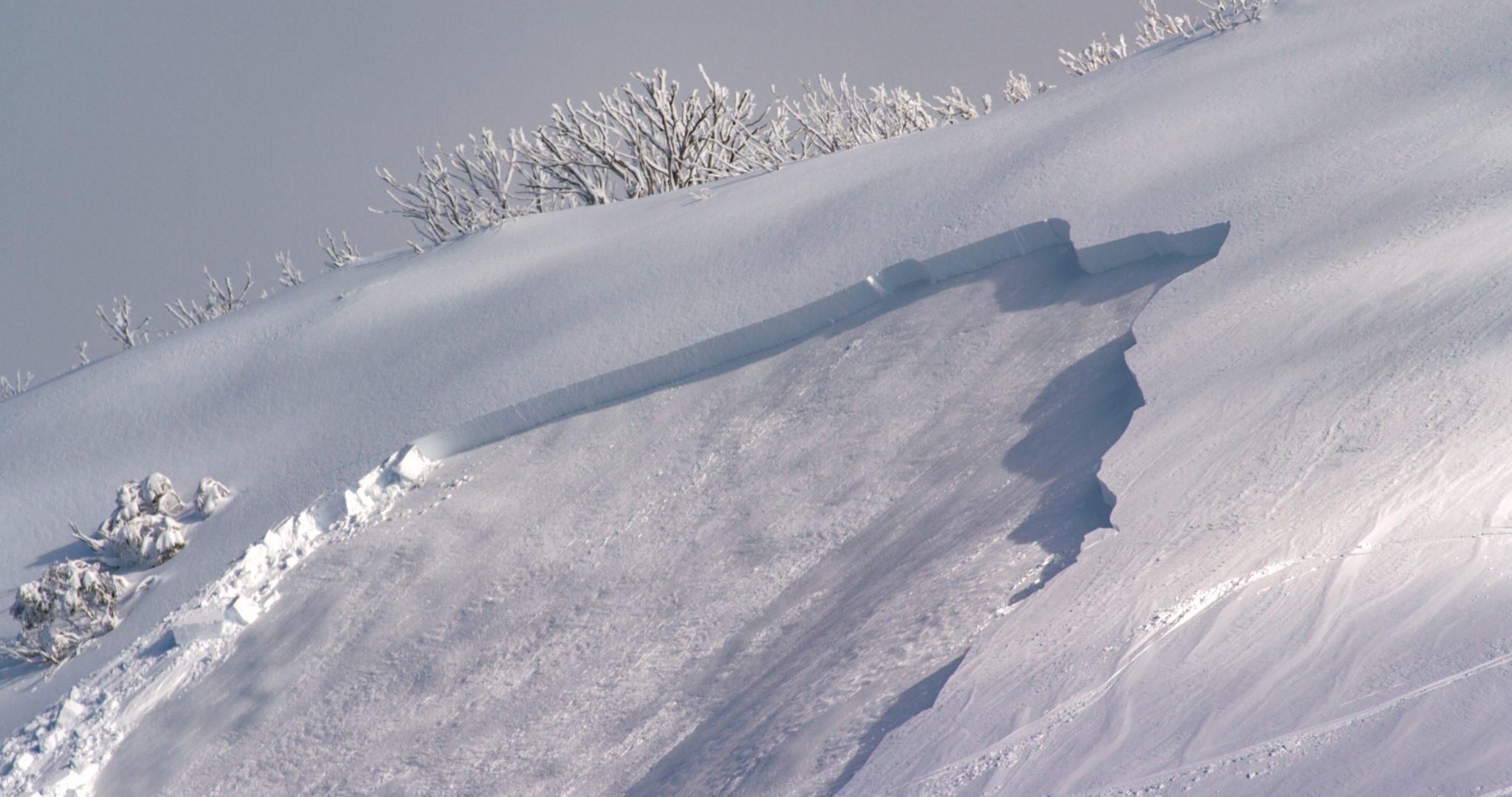
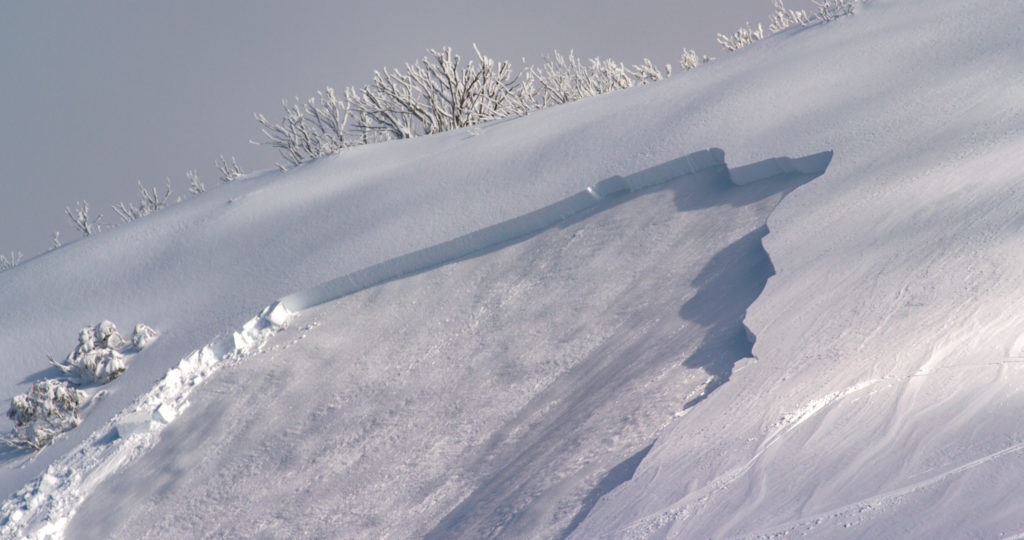
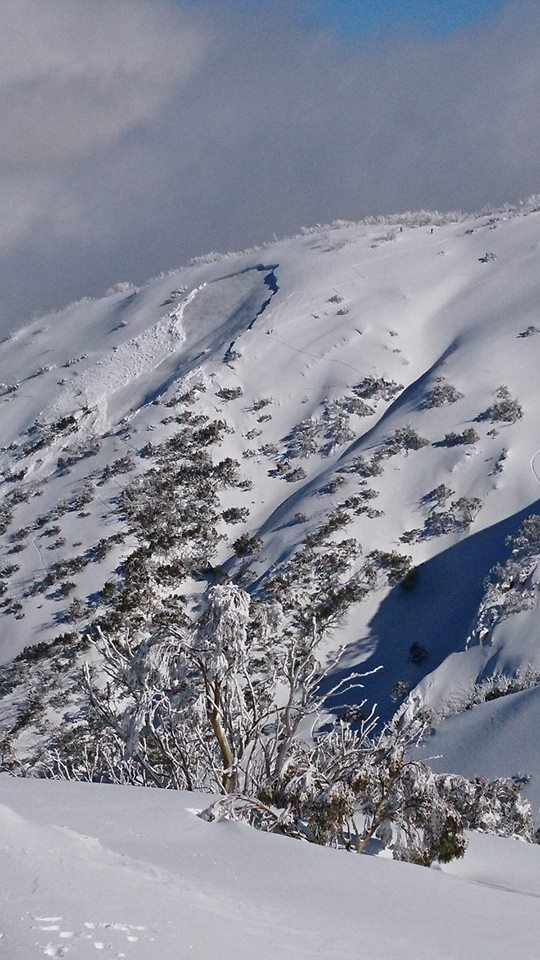





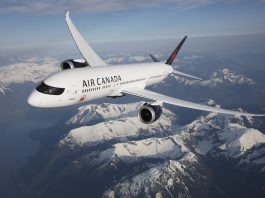
Well said Rachael- you covered every aspect of what’s involved. In retrospect I think my shock and disbelief of the Perisher video has now revealed a bit of nievity on the boys part – boundaries don’t always protect you and patrol don’t always get to the spot before you do! I think the guys might have to review their Pro status and go and do a course! Love you work Girl!